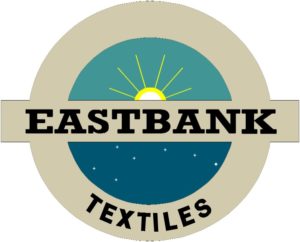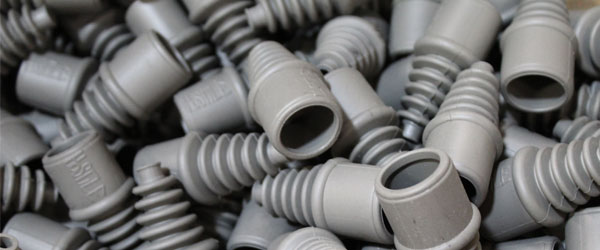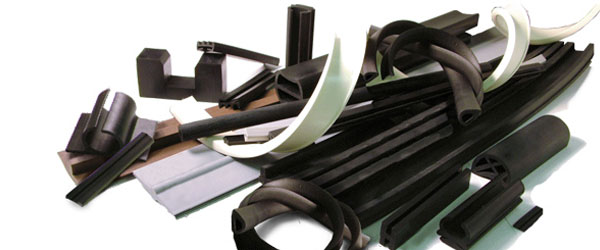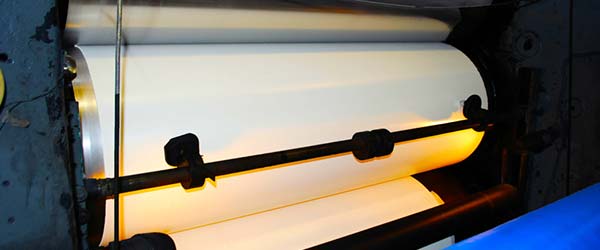- Denier – a unit of weight by which the fineness of silk, rayon, or nylon yarn is measured,
- Knit vs woven
- Dacron is a trade name held by DuPont for its polyester materials and it is made specifically for sailcloth.
- Nylon and polyester are both synthetic fabrics, but nylon production is more expensive, which results in a higher price for the consumer. Nylon also tends to be more durable and weather-resistant, which is why it is more likely to be used in outdoor apparel or gear. Both fabrics are flame retardant, but nylon is stronger, while polyester is more heat-resistant.
- Water-Wicking Ability – When it comes to fast-drying fabrics, polyester has the edge. Both are naturally hydrophobic, which mean they expel water, ideally to the surface of the garment where it will evaporate. Nylon actually absorbs some water, which means it takes longer for a wet garment to dry.
- Durability – Both nylon and polyester are strong and lightweight due to their polymer-based construction. Nylon is the stronger of the two fabrics with greater stretchability. Though not as strong, polyester resists pilling better than nylon, which is when fibers unravel and ball up at the end. While this does not weaken the garment physically, it is not attractive aesthetically.
- Knit fabrics are made from one continuous thread (much like the one continuous yarn in handknitting), it stretches all over.
- Woven fabrics, on the other hand, will only stretch diagonally or as a sewer might say, on the bias.
Our Fabric Channel Partners
 (909) 987-1774
(909) 987-1774 Email Us
Email Us










